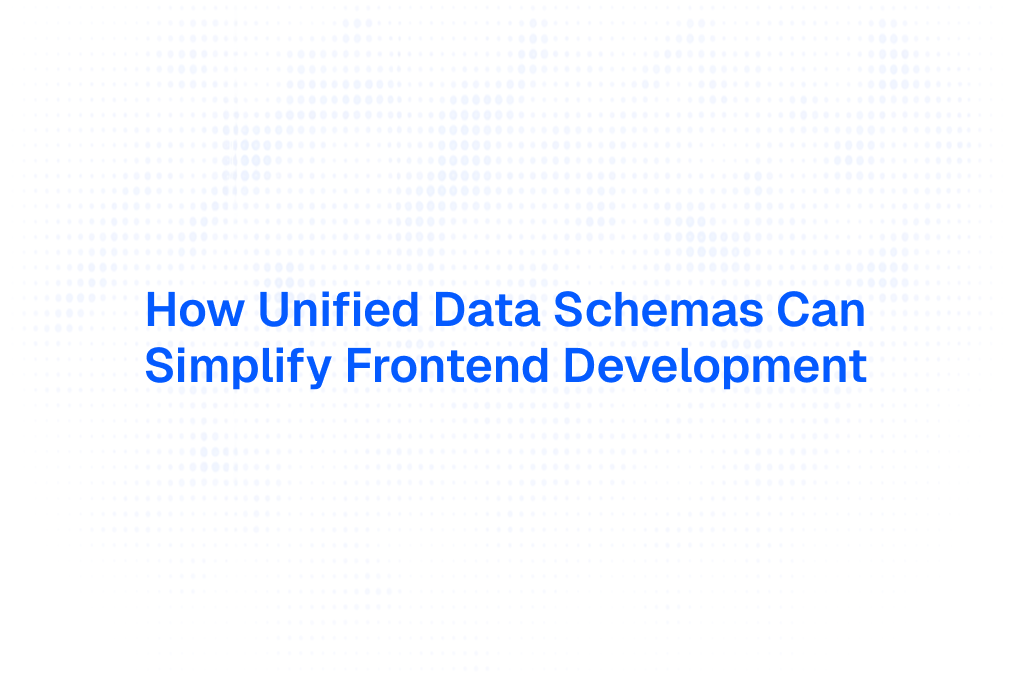The Role of RPC Routers in Gaming Blockchains
As blockchain technology continues to revolutionize the gaming industry, developers and players alike are increasingly relying on decentralized networks to power in-game assets, economies, and interactions. At the heart of this infrastructure lies the Remote Procedure Call (RPC) protocol, a critical component that enables communication between blockchain nodes and gaming applications. However, the complexity and demands of gaming blockchains require more than just a single RPC endpoint. This is where RPC routers come into play, enhancing reliability, reducing latency, and optimizing costs for blockchain-based games.
Understanding RPC and Its Importance in Gaming Blockchains
RPC, or Remote Procedure Call, is a communication protocol that allows a client application to request services from a blockchain node. In gaming blockchains, RPC endpoints serve as gateways through which games interact with the blockchain to fetch data, submit transactions, and verify states. For example, when a player purchases a digital asset or completes a quest that triggers a blockchain event, the game client communicates with the blockchain via RPC calls. This interaction is crucial not only for asset ownership but also for maintaining the integrity of in-game economies, where every transaction must be accurately recorded and verified to prevent fraud and ensure fairness.
The performance and reliability of these RPC endpoints directly impact the gaming experience. Slow or unreliable RPC connections can lead to delayed transaction confirmations, inconsistent game states, or even failed interactions, which can frustrate players and harm the reputation of the game. Given the real-time nature and high user engagement in gaming, ensuring seamless and robust blockchain communication is paramount. Additionally, as games evolve and incorporate more complex mechanics, such as dynamic in-game events or player-driven economies, the demand for efficient RPC interactions will only increase, making it essential for developers to prioritize this aspect of their architecture.
Challenges of Single RPC Providers in Gaming
Many blockchain games initially rely on a single RPC provider, such as Infura or Alchemy, to handle all blockchain interactions. While convenient, this approach carries significant risks. Single RPC providers can experience outages, throttling, or degraded performance during peak usage, leading to downtime or increased latency. For gaming applications that often require millions of API calls per day, even brief interruptions can disrupt gameplay and cause loss of revenue. Furthermore, the reliance on a single provider can create a bottleneck, where the entire gaming ecosystem becomes vulnerable to the limitations and performance issues of that one service.
Moreover, single-provider dependence can lead to higher costs, as providers may charge premium rates for high-volume usage or prioritized access. This cost can be prohibitive for indie developers or startups looking to scale their games without breaking the bank. In addition to financial constraints, there is also the challenge of vendor lock-in, where developers may find it difficult to switch providers without significant re-engineering of their codebase. This can stifle innovation and limit the ability to leverage new technologies or competitive pricing models that emerge in the rapidly evolving blockchain landscape. To mitigate these risks, many developers are exploring multi-provider strategies or decentralized alternatives that can offer greater reliability and flexibility in their RPC implementations.
What Are RPC Routers and How Do They Work?
RPC routers are advanced infrastructure solutions designed to automatically manage multiple RPC providers behind a single unified endpoint. Instead of directing all requests to one provider, an RPC router intelligently distributes calls across several providers based on availability, latency, and cost considerations.
By implementing RPC auto-routing, gaming blockchains gain several advantages:
- Failover and Redundancy: If one RPC provider experiences downtime or latency spikes, the router seamlessly switches to another provider, ensuring uninterrupted service.
- Load Balancing: Requests are spread evenly across multiple providers, preventing overload and maintaining consistent performance during high traffic periods.
- Cost Optimization: The router can prioritize cheaper providers for non-critical calls while reserving premium providers for time-sensitive transactions, reducing overall RPC expenditure.
- Latency Reduction: By routing requests to providers geographically closer to the user or with faster response times, the router minimizes delays and enhances user experience.
Multi-Provider RPC Routing: The Future of Gaming Blockchain Infrastructure
Multi-provider RPC routing is increasingly recognized as the future standard for Web3 infrastructure, particularly in gaming. Blockchain games demand high availability and responsiveness, and relying on a single RPC endpoint is no longer sufficient. Multi-provider routing offers a scalable, resilient, and cost-effective way to meet these demands.
For instance, a gaming platform might integrate RPC endpoints from providers like QuickNode, Alchemy, and Infura through a router. The router continuously monitors the health and performance of each provider, dynamically adjusting routing decisions to optimize for speed and reliability. This setup not only reduces the risk of downtime but also allows games to handle surges in player activity without degradation.
Enhancing Gaming Experience Through RPC Routing
Reliable and fast blockchain interactions are crucial for maintaining immersive and engaging gameplay. RPC routers contribute significantly to this by minimizing latency and preventing outages. This is especially important in competitive or real-time gaming scenarios where milliseconds can affect player outcomes.
Furthermore, seamless RPC routing helps maintain consistent game state synchronization across distributed players. When every player’s actions are promptly recorded and reflected on the blockchain, it fosters trust and fairness—two pillars of successful blockchain games.
Case Study: Scaling to Millions of API Calls
Popular blockchain games often process millions of API calls daily, encompassing actions like asset transfers, leaderboard updates, and in-game purchases. Without efficient RPC routing, such volume can overwhelm a single provider, leading to throttling or increased latency.
By leveraging RPC routers, gaming developers can distribute this load intelligently, ensuring that no single provider becomes a bottleneck. This approach also facilitates scaling without exponentially increasing costs, as the router can balance requests between providers based on pricing tiers and performance.
Integrating RPC Routers: Best Practices for Gaming Developers
Implementing RPC routing in a gaming blockchain environment requires careful planning and execution. Here are some best practices to consider:
1. Choose Multiple Reliable RPC Providers
Select providers with proven uptime records and robust infrastructure. Diversify across providers with different geographic footprints to reduce regional latency and risk.
2. Monitor Performance and Health Metrics
Continuously track latency, error rates, and throughput for each provider. Use this data to inform routing decisions and quickly detect issues.
3. Implement Smart Failover Mechanisms
Ensure that the router can detect provider failures and switch traffic seamlessly without interrupting the gaming experience.
4. Optimize for Cost and Latency
Balance routing decisions between cheaper providers for routine calls and premium providers for critical transactions to optimize overall costs without sacrificing performance.
5. Test Under Load
Simulate peak traffic scenarios to validate that the routing infrastructure can handle high volumes without degradation.
Looking Ahead: The Role of Multi-Cloud and MCP in Gaming RPC Routing
Emerging technologies like Google’s Multi-Cloud Proxy (MCP) are set to further transform RPC routing in gaming blockchains. MCP enables multi-cloud RPC routing, allowing blockchain games to leverage cloud infrastructure from multiple providers simultaneously. This approach enhances redundancy, reduces latency through multi-region routing, and simplifies API orchestration at scale.
As gaming blockchains grow in complexity and scale, integrating MCP with RPC routers can provide unparalleled reliability and performance. Developers can orchestrate APIs across diverse cloud environments, ensuring that players worldwide enjoy smooth and uninterrupted gameplay.
Conclusion
RPC routers play a pivotal role in the evolution of gaming blockchains by addressing the critical challenges of reliability, latency, and cost. By intelligently managing multiple RPC providers, these routers ensure that blockchain games can scale seamlessly while delivering a superior player experience.
For developers aiming to build resilient, high-performance blockchain games, adopting RPC routing solutions is no longer optional—it’s essential. Coupled with advancements like multi-cloud proxies, RPC routers will continue to underpin the next generation of immersive, decentralized gaming experiences.
Ready to elevate your blockchain gaming project? With Uniblock, you can harness the power of a Web3 infrastructure orchestration platform that's trusted by over 2,000 developers. Our platform provides a seamless API endpoint for auto-routing RPC, API, and webhook traffic, ensuring maximum uptime, minimal latency, and cost savings. Say goodbye to vendor lock-in and scale your game with confidence across 100+ chains. Start building with Uniblock today and streamline your decentralized infrastructure management effortlessly.
.svg)

.png)




